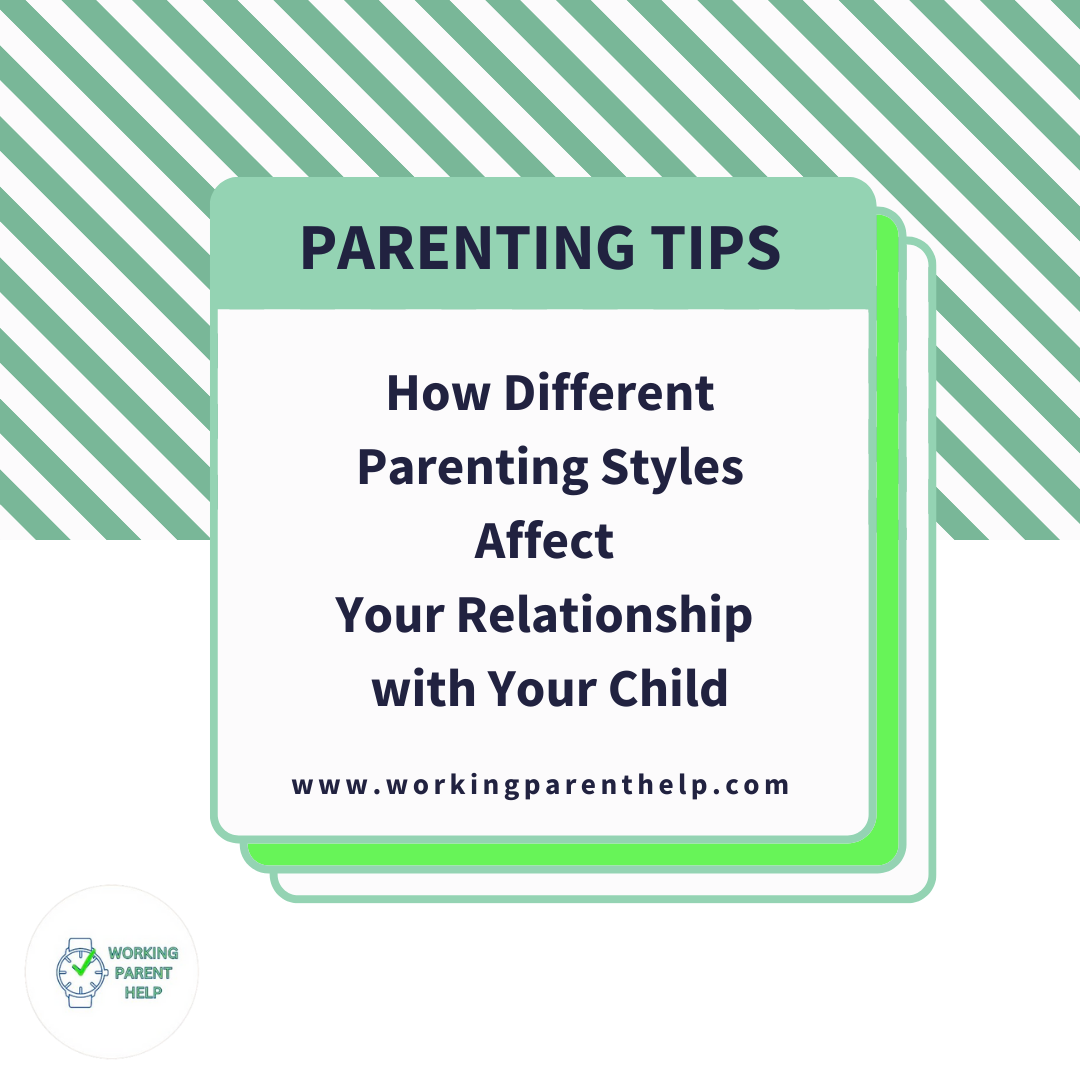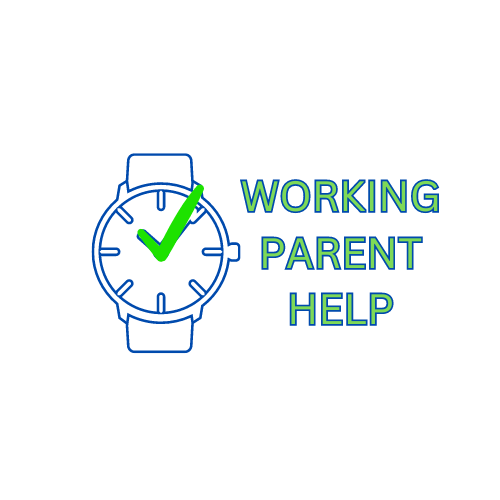
How Different Parenting Styles Affect Your Relationship with Your Child
Parenting styles are like coffee orders—everyone has their preference, but the effect varies depending on what’s in the cup (or in this case, the household). Whether you’re a strict espresso shot, a laid-back caramel macchiato, or somewhere in between, your parenting style plays a huge role in shaping your child’s personality, behavior, and overall relationship with you.
Let’s break down the four main parenting styles, their effects, and how you can find the right balance to maintain a healthy connection with your little (or not-so-little) ones.
1. Authoritative Parenting (Balanced & Supportive)
Imagine a coach who pushes their team to work hard but also supports them through every challenge. That’s authoritative parenting in a nutshell. It’s all about balance—setting firm rules while encouraging open communication and understanding.
Effects on Your Child:
-
Higher self-esteem and confidence
-
Strong problem-solving skills
-
Better emotional regulation
-
A close, trusting relationship with parents
Signs You’re an Authoritative Parent:
-
You set clear rules but explain why they exist.
-
You encourage independence but provide guidance when needed.
-
You’re firm yet warm and supportive.
💡 Pro Tip: Strengthen the bond with your child through open discussions and shared experiences. A great way to do this? Reading together! Try the 55-1 ReadNest Kids Bookshelf with Nook to create a cozy reading space that encourages communication and bonding.
2. Authoritarian Parenting (Strict & Controlling)
If authoritative parenting is like a coach, authoritarian parenting is more like a drill sergeant. Rules are non-negotiable, and obedience is expected without question. While discipline is important, excessive control can sometimes backfire.
Effects on Your Child:
-
May follow rules but out of fear rather than understanding
-
Can develop low self-esteem or struggle with decision-making
-
Less likely to communicate openly with parents
Signs You’re an Authoritarian Parent:
-
“Because I said so” is your go-to response.
-
You prioritize discipline over dialogue.
-
You expect obedience without explanations.
💡 Pro Tip: Even if you have firm rules, create a safe space for open conversation. Consider a designated area for family discussions, like a comfortable seating nook equipped with a ProGuard 4.3" Wireless Doorbell with Two-Way Audio to monitor when your kids are in need of a heart-to-heart.
3. Permissive Parenting (Lenient & Indulgent)
Permissive parents are the “cool parents”—the ones who let their kids stay up late, eat cake for breakfast, and call teachers by their first names. While this parenting style fosters a friendly dynamic, it often lacks the necessary structure and discipline children need.
Effects on Your Child:
-
Can struggle with self-discipline
-
May develop a sense of entitlement
-
Likely to have high self-esteem but difficulty handling authority
Signs You’re a Permissive Parent:
-
You avoid saying “no” to avoid conflict.
-
You act more like a friend than a parent.
-
You rarely enforce rules or consequences.
💡 Pro Tip: Kids need guidance just as much as they need freedom. Encourage structured fun with the FunTray Waterproof Car Seat Activity Tray for road trips—keeping the chaos contained while letting them express creativity.
4. Uninvolved Parenting (Detached & Hands-Off)
Uninvolved parenting is like an unsupervised Netflix autoplay—it just keeps going with little to no intervention. While it’s often unintentional (due to work stress or other responsibilities), a lack of parental engagement can lead to emotional and behavioral challenges in children.
Effects on Your Child:
-
Struggles with self-esteem
-
Difficulty forming relationships
-
May act out to seek attention
Signs You’re an Uninvolved Parent:
-
You rarely check on school progress or social activities.
-
You don’t set many rules or expectations.
-
Your child is often left to make important decisions alone.
💡 Pro Tip: Staying engaged doesn’t mean constant monitoring—it means being available and showing care. A simple routine, like prepping meals together with the MealPro Glass Meal Prep Containers (12-Pack), can create valuable bonding moments while teaching responsibility.
Finding Your Parenting Sweet Spot
While no one follows a single parenting style all the time (we all have our “drill sergeant” moments!), the key is balance. The best approach is to adapt your style based on your child’s needs, always keeping communication and connection at the core.
✔ Set clear but flexible rules. ✔ Encourage independence but be available for guidance. ✔ Discipline with understanding, not fear. ✔ Make time for fun and bonding activities.
🎉 Call to Action: What’s your parenting style, and how has it affected your relationship with your child? Share your thoughts in the comments or check out our other parenting blog posts for more tips and tricks!
